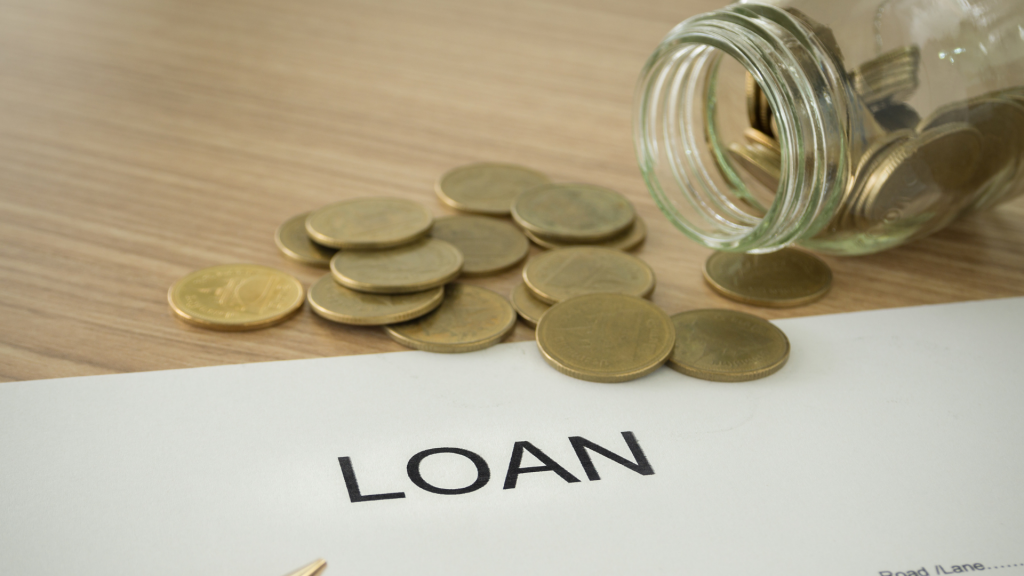When you’re in the market for a new car, you may often wonder whether you should lease or finance it. And while one method is certainly more financially favorable than the other, one option may make more sense for you than the other. Specifically, you’ll want to consider how much you can afford to pay each month, whether or not you can afford to pay the entire amount due in one payment, or whether you’ll need to make multiple payments.
It’s a similar situation to when most people want to buy a house for themselves. When they want to make the purchase of a new home that has perhaps been constructed by quality builders like Berks Homes (click here to learn more about them), they have to choose between obtaining a mortgage loan and paying the entire amount on their own. Both the options can sometimes prove to be mentally and financially stressful.
However, when they employ the services of realtors Lynchburg or elsewhere, they tend to feel more at ease. Regardless, this may not be the case when you want to buy a car because there is no real estate agent to explain all of the benefits and drawbacks of buying it on your own or financing it through a loan.
Also, the average personal loan approval rate hovers around 65 percent. What impact does this have on borrowers? Do approved applicants receive better loan terms than denied applicants?
Personal loans can help finance various needs, from unexpected expenses to major purchases like that of new homes in Collegeville PA, for instance.
The approval process for personal loans is typically short and simple. Most lenders will ask for basic information about yourself, your job, and your credit. Once approved, the loan amount is typically wired to your account in minutes, with funds dispersed in 24-48 hours.
Do you imagine yourself with a sky-high interest rate when you think of loans? If so, you’re not alone. Luckily, there are 2 loan types: secured and unsecured. Unsecured loans, such as personal loans, do not require collateral, while secured loans do. You can often use fast loans to consolidate debt, for example, or to take out a mortgage. But before you start taking out loans, you should know a bit about the rates set on each type of loan. Additionally, if you have the option of friends or family who can lend money privately to you, ask their rate of interest (maybe it is much lower and affordable) and then decide what to choose.
Personal loans are a type of loan commonly used to cover the expenses of an unexpected event or cost. Unlike mortgage loans, personal loans are often unsecured, which means there’s no collateral against which the lender can pursue recovery in the case of default.
Personal loans are similar to other loans but over a much shorter term. A personal loan allows you to borrow small amounts of money to pay for, for example, debt consolidation, home improvements, or tuition. To qualify for a personal loan, you will need to have a good credit score. Lenders will first look at your credit score from your credit report. They’ll then review your credit history, including your income, employment, and spending habits. Other factors that will be considered include the amount of money you want to borrow, your current credit report, and how much you currently owe.
Personal loans (deferred interest loans) are loans that you take from a lender to get money without putting up collateral. Personal loans come in different shapes and sizes, with various payment schedules and interest rates. Approval rates for these loans can range from 30% to 97% and are determined by several factors, including your credit score. If your credit score is 720 or above, you should not have a problem qualifying for a standard personal loan.
When it comes to lending money to others, you not only have to take into account the interest rate. You also have to consider how much risk the lender is taking. The trouble is assessed by the person’s creditworthiness taking out the loan. The higher the credit risk, the higher the interest rate. If you know your credit rating, you can better prepare yourself when getting a loan.
The credit score and credit rating are essential when taking out any loan, including personal loans. The credit score is a numerical representation of your credit history. It is based on the information contained in your credit report. When a lender determines your eligibility for a loan, they will look at your credit report and score to get an idea of how likely you are to repay the money.
The rates offered by various lenders can differ significantly from each other. The APR, or Annual Percentage Rate, which considers the interest rate and additional charges across the top of the loan, will give you a good idea of what it will cost to borrow and allow you to compare loan products more efficiently.

